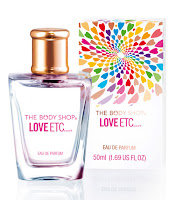
A Fairtrade Town is a community in which local government and organizations cooperate to heighten people’s awareness of the problems concerning trade in/with developing countries and to make them realize they can help. In other words, the concept is a marketing tool to increase the sales of Fairtrade certified goods.
The idea originates from Garstang, England: in 2000 this little town declared itself the ‘the Worlds first Fairtrade Town’ in order to promote Fairtrade products. The initiative gained a lot of attention and soon the FLO International launched five criteria that must be met by communities that want to be awarded this status. So far more than 600 towns have followed Garstangs example, one of them being Ghent. As if we weren’t proud enough of our university town!
Anesa Selimovic









